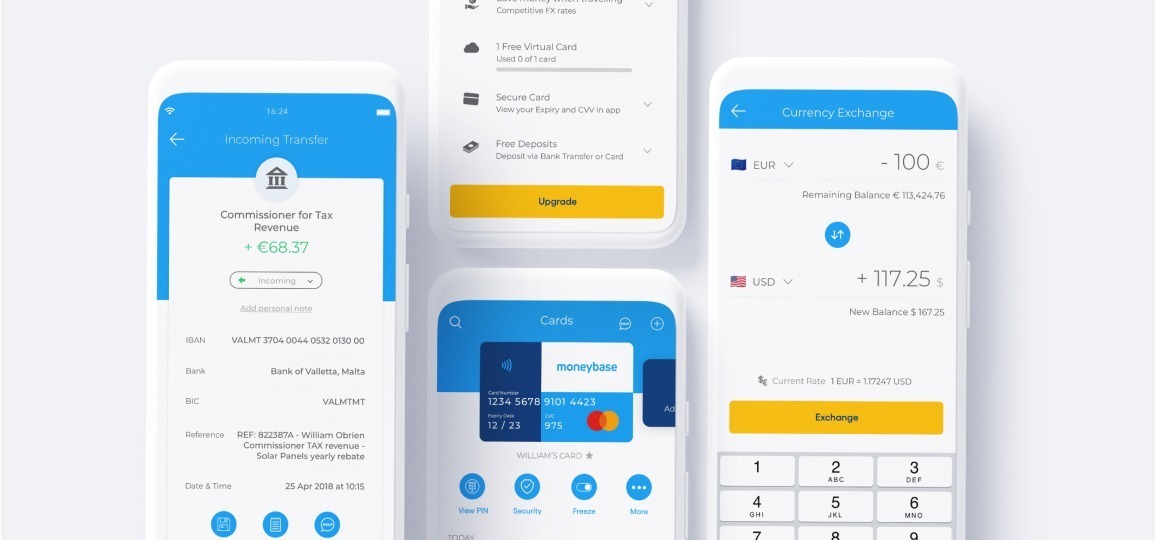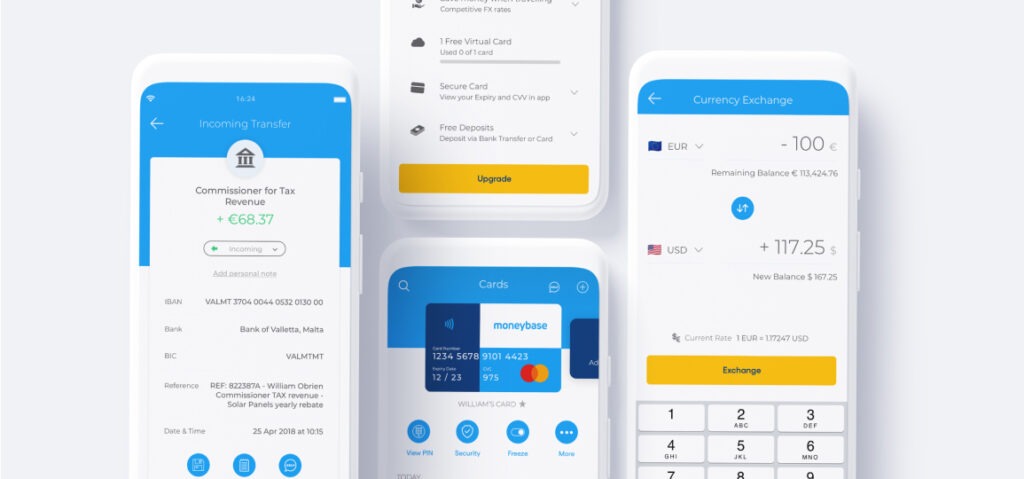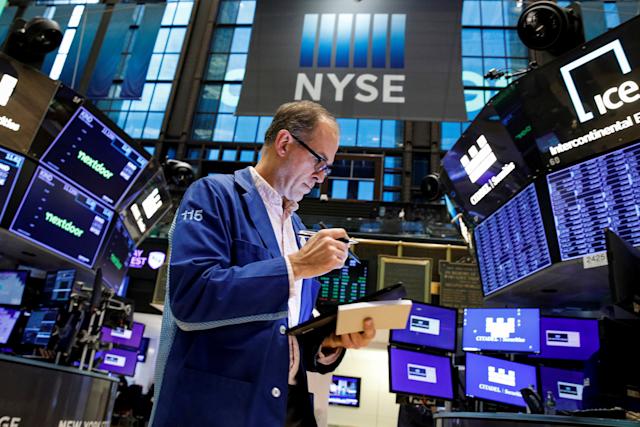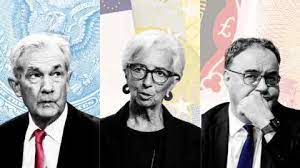It took two men with a big dream and a relentless search for better answers to turn a small idea into a reality that has transformed the way we use the internet and search for just about anything. From its dorm room startup status and the use of Lego servers, Google has grown to become an omnipresent company and household name thanks to its hundreds of products used by millions across the world including Google Search and Gmail, YouTube and Android to name a few.
Today Google dominates the search engine market, maintaining 86.86% market share as of July 2020, while it is estimated that it processes approximately 70,000 search queries every second, which means 5.8 billion searches a day and close to 2 trillion global searches each year

A brief history of Google
Co-founders Larry Page and Sergey Brin were just two PhD candidates when they first met back in 1996 at Stanford University and began working on a computer programme called BackRub, a search engine that used backlink analysis to track and record data on the internet.
What eventually became Google was run out of a small garage space in Menlo Park, California on a shoestring budget, but by 1999 the company had managed to earn $220,000 in annual revenue and four years later, it reached $1 billion, earning the title of the Fastest Growing Tech Company in North America according to Deloitte’s 2004 Technology Fast 500 ranking. Going from strength to strength, the company moved into a complex of buildings that went on to be known as the Googleplex.
As more cash flowed in and Google began its ascent to the top, its rapid growth opened up major doors for expanding the business. In 2002, it introduced AdWords, its pay-per-click, third-party advertising platform which became a huge profit centre for Google over the years and a year later, it launched AdSense, a product that enabled companies to connect with global advertisers. A massive success and a profitable move, 85% of Google’s total revenue is still generated by advertising tech. A few years later it acquired the smartphone platform Android and added YouTube to its expanding portfolio, while it purchased Motorola Mobility to step up its smartphone production process.
Over the years, the company has rolled out several popular products including Google Maps, Google Calendar, Google Finance, Google+ and Gmail. With its simple interface and fast web page loading speed, Google Chrome has become one of the most used web browsers in the world, while Gmail caused quite a stir when it hit the market, replacing its rival at the time Yahoo and counting 1.5 billion users.
In 2015, Google announced its plan to create a new public holding company called Alphabet Inc., remodelling its business structure and expanding its offices to include 50 countries across the globe. Today, the company is the world’s fourth largest technology company by revenue, reporting $110.9 billion in 2017 revenues and with a net income profit of $12.6 billion, ranking No. 15 on the Fortune 500 of the largest US corporations by total revenue. As of 2020, Alphabet has joined the trillion-dollar companies club for the first time after reaching a $1 trillion market value.
Fun fact:
Did you know that Google is actually a multimillion-dollar spelling mistake? Initially, the two founders had settled for the moniker Googol, after the mathematical term used by mathematicians to reference 10 to the power of 100. Page and Brin felt that this was a good name since it closely reflected what they wanted to accomplish – index a massive number of Internet web pages. When the domain Google.com was available they were delighted, only to realise that they had spelt the word incorrectly. Nevertheless, they decided to roll with it anyway. With the term ‘to Google’ having become so widespread, in 2006 it was officially verbified when the Oxford English Dictionary added it as a verb.

Google goes public
The search engine giant went public in 2004 with a share price of $85, selling close to 22.5 million shares and raising $1.9 billion. Its debut on the Wall Street was regarded as one of the biggest the tech sector has ever seen, drawing attention to the company and catapulting Google users to new heights, so much so that shares rose 18.05% to $100.34 at the close on its IPO date.
Google’s success since going public has also turned out to be favourable to its shareholders. For instance, if you had purchased the company’s shares at $85, a $1000 investment in 2009 would be worth more than $4800 in 2019, marking a total return of around 400%.
Since Alphabet Inc. replaced Google Inc. as the publicly-traded entity, all its shares were automatically converted into the same number of shares of Alphabet, however, its two classes continue to trade on Nasdaq as GOOGL and GOOG.
Google’s shares split
In 2014, Google announced that it would be creating a new class of non-voting capital stock, also known as class C stock. This stock spinoff which is similar to a 2-for-1 stock split saw GOOG shares split into GOOG class C shares and GOOGL class A shares.
The split took place so that Page and Brin retained overall voting control of the company while also reducing Google’s share price at the time by half. A controversial move by many investors’ standards, rather than using new stock, Google created a new classification of stock instead. This means that following the stock spinoff, you would have received one class C share for each class A you owned. So if you had 12 shares of each stock, you would have also had 12 voting rights since each class A share has one vote each - a good way for a Google outsider to have a say on decisions at stockholder meetings.
Google class A shares have consistently traded at a premium - usually between 1 to 5% - compared to their class C counterparts since the market assigns a value to the voting power that an investor will receive once they buy a class A stock. As of 2015, Class A stock closed at $658.27 per share, while its class C at $627.26 per share, marking a combined market capitalisation of $440.47 billion.
So far Alphabet has shown no sign of another split, but with its stocks hovering over the $900+ mark, small investors have had trouble owning a piece of the GOOGL pie. Still, with numerous investments ranging from life sciences to broadband cable and self-driving cars, this is one of the best stocks to own.
Invest in Alphabet (GOOGL) with Moneyase Invest
Ready to buy a share in Alphabet (GOOGL), Google’s parent company? Download Moneybase Invest, the award-wining live trading platform powered by Calamatta Cuschieri from the Android or Apple App Store or visit https://live.cctrader.com from any browser to sign up.
Figures quoted relate to past performance and are not indicative of future performance. Performance figures are indicative as sourced from Bloomberg. Moneybase Invest is brought to you by Calamatta Cuschieri and is licensed by the MFSA. C13729. Moneybase Invest offers direct market access and speed of execution and is intended for knowledgeable and experienced individuals taking their own investment decisions. The value of investments may go up and down and currency fluctuations may also affect investment performance.





